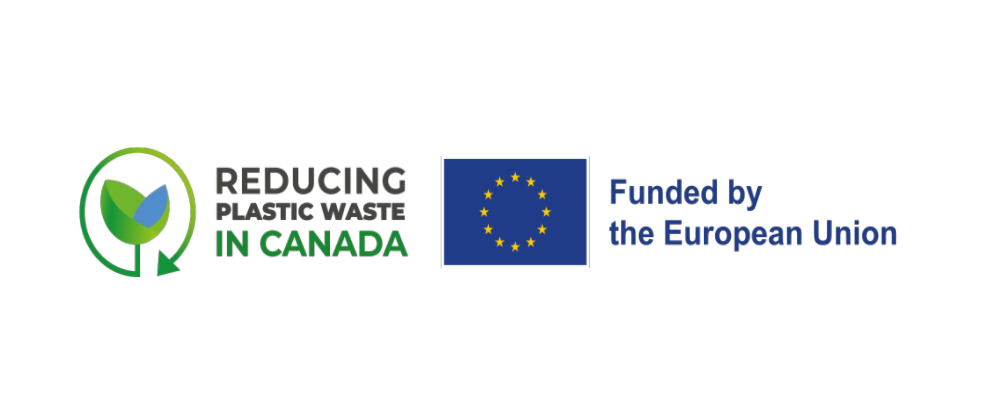Story 2: Sustainable Consumption Campaigns: Lessons in Shaping Sustainable Consumers
One theme area of the Reducing Plastic Waste in Canada Report is consumer education in support of sustainable consumption in the EU. Lessons and successful approaches can serve stakeholders in Canada considering ramping up efforts in this area.
In 2022 the Reducing Plastic Waste in Canada project team conducted a literature review of successful European and international plastic waste campaigns to identify key factors of successful approaches that resonated with consumers and led to behaviour change. Findings from this literature review were summarized in a report titled: “Sustainable Consumption Campaigns: Lessons in Shaping Sustainable Consumers”. This summary report identifies key success factors relevant to the Canadian context, as well as obstacles to overcome to lead to a successful communication campaign.
Our literature revealed that EU campaigns have been found to include many of the key success factors identified by leading research studies. In particular, the European Commission’s campaign “Single-use plastics: are you #ReadyToChange?”[1] included many of the key success elements identified as this campaign was customized to target various audiences, focussed on good social norms to shape behaviour, provided direction for individuals to take specific action with visual cues, and commitments were catalyzed with a challenge feature.
One of the most striking observations in the review of global plastic campaigns is that the European campaigns are complementary across sectors (government, advocacy organizations, industry and businesses). Many EU campaigns build on each other and have integrated messaging. The 2018 European Commission Plastic Strategy kick started a global dialogue about plastics awareness, which in turn launched multiple awareness campaign targeted at consumers to encourage sustainable consumption choices. In addition, the Plastics Strategy also engaged the private sector to commit to action. This Strategy was a catalyst for other plastic campaigns driven by the business community as well as the non-governmental sector.
The report produced by the project team identifies valuable insights that can help in the design of campaigns to effectively increase awareness but also motivate change and instill new behaviors.
[1] European Commission website
Key Messages identified in the Project Team’s Report:
|
URLs / References
REPORT: Sustainable Consumption Campaigns
Key findings from this literature review were also published in December on the Plastic Action Centre in a series of seven stories available here.
The European Union (EU) project on Reducing Plastic Waste in Canada




